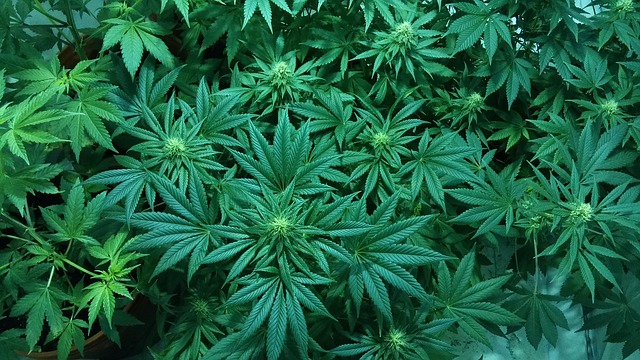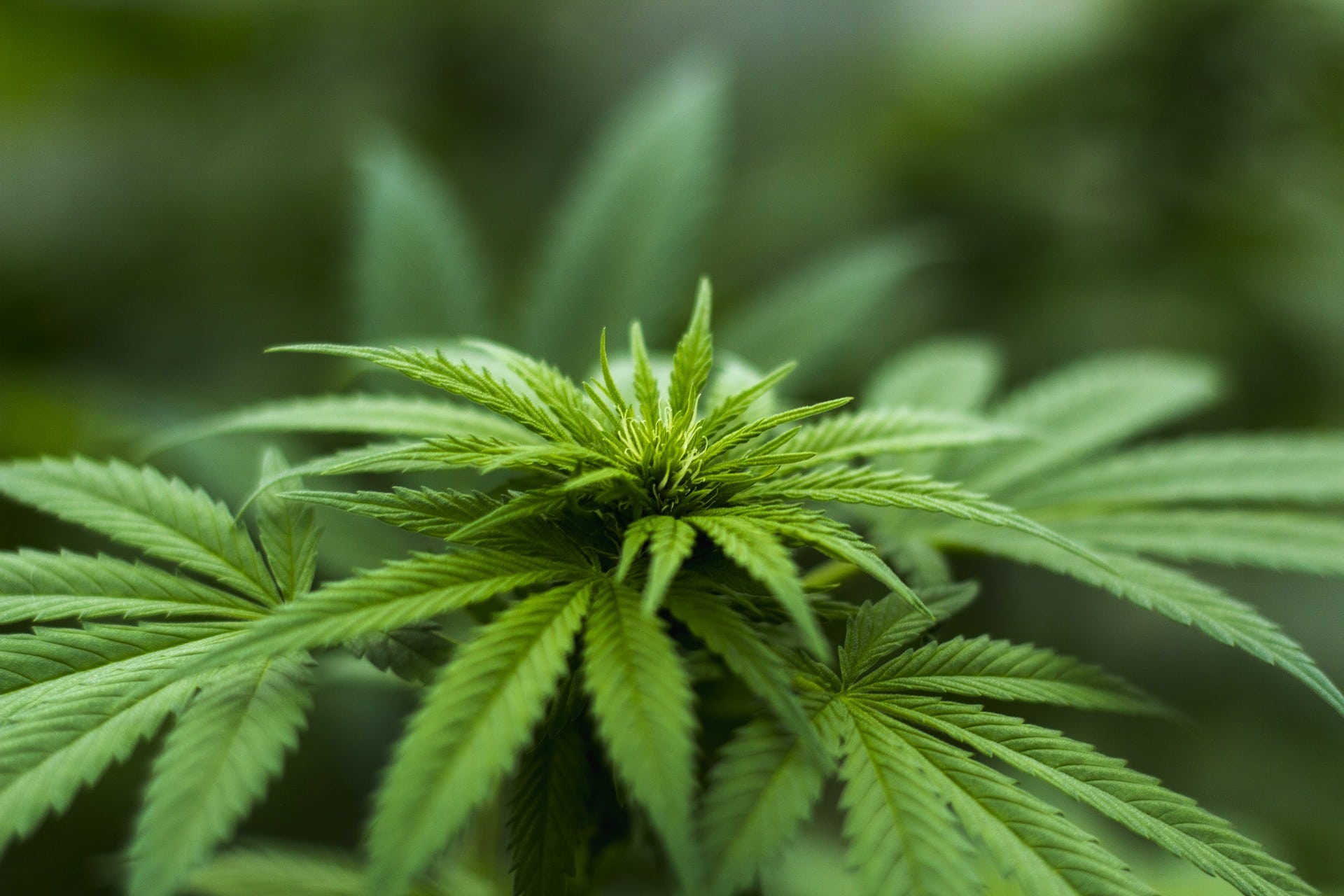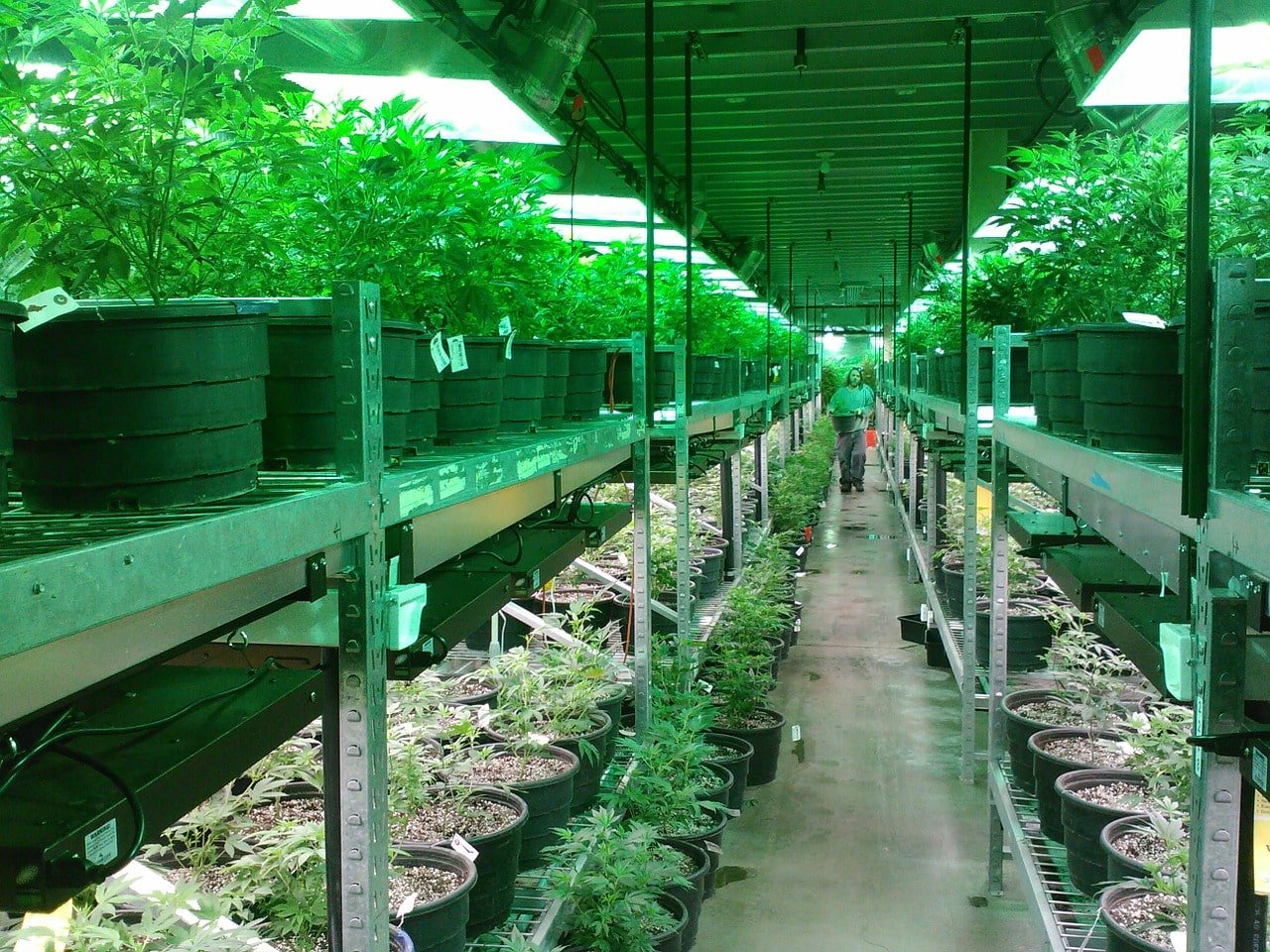National Cannabis Legalization Update
2017 is coming to a close and there are more than a handful of states that currently allow for the legal purchase and consumption of recreational marijuana, and even more on board for medical marijuana. But now that the elections are over for 2016, the focus is on, what’s next. The East Coast We saw … Keep reading..




